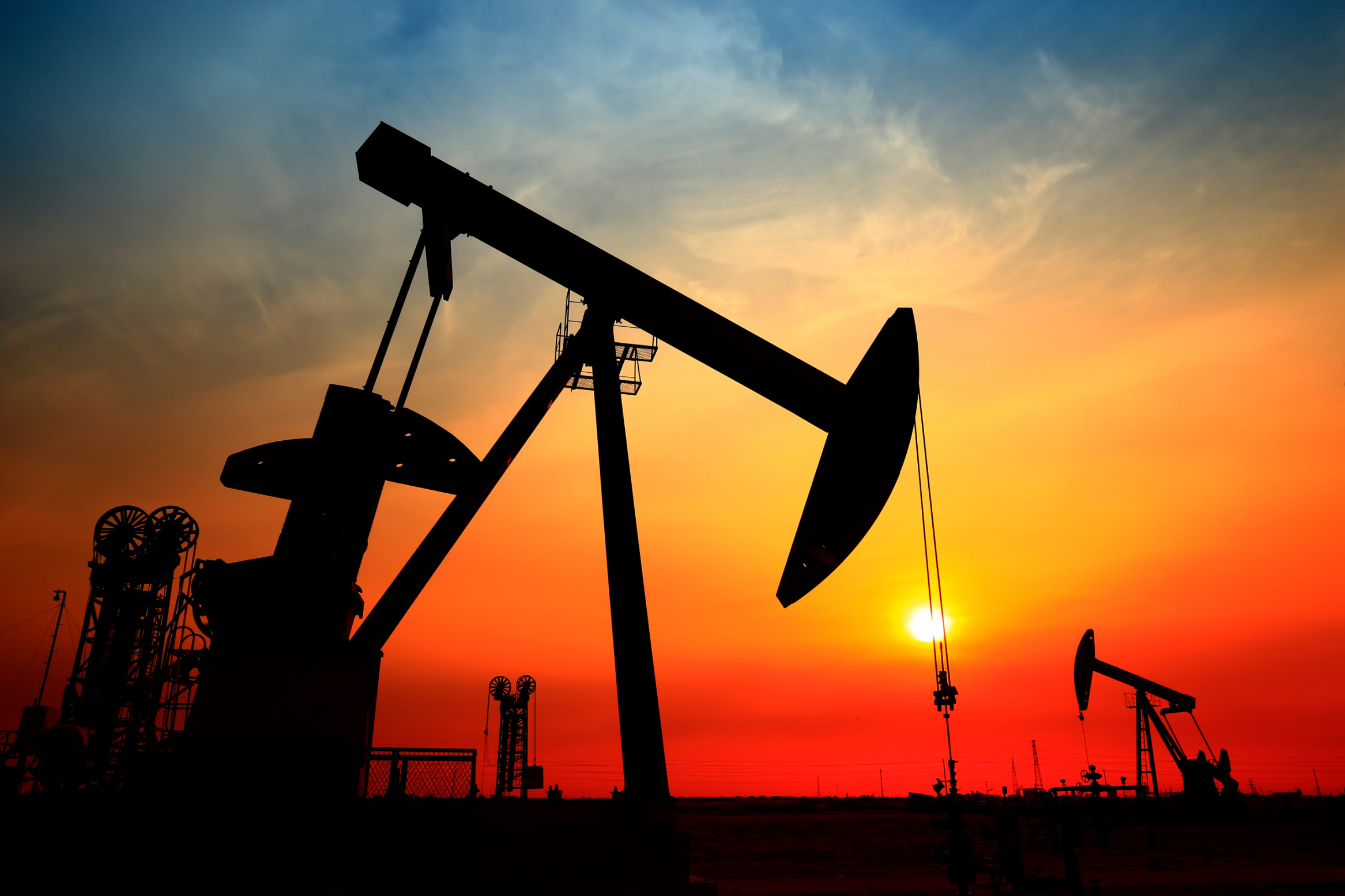
For most of the last week, the news cycle has been replete with coverage of the recent summit between President Trump and Vladimir Putin, President of Russia. The vast majority of the coverage has been focused on who “won” – i.e. was Putin strengthened or weakened as a result of the meeting and what does Trump do next? While important questions, perhaps the most important question of all was never even addressed. That question is why? Why are we at the table with Russia in the first place? What’s the real story? The first answer to the question is obvious – they are a nuclear power and as such have to be taken very seriously. Global stability, especially among the nuclear powers is vital. But that’s far from the only reason – Turkey, Pakistan and India are nuclear powers but we don’t run off to hastily arranged summits with them. The real reason comes down to energy and more importantly, energy security.
For context, we know that Russia’s economy is clearly in trouble. Their GDP continues to slow, and many economists think they are heading into recession. They are contending with significantly increasing inflationary pressure with no relief in sight. And the economic sanctions imposed by the West as a result of their reckless invasion of Ukraine have impacted their ability to access financial markets, upgrade their technology and fully participate in global trade. All of those are significant factors. But the real vulnerability to the Russian economy is their over reliance on oil and gas revenues which are extremely vulnerable to fluctuations and those same sanctions. Hence their invasion of neighboring Ukraine, which is rich in energy and natural resources, possessing significant unproven and untapped natural gas and oil reserves, large coal deposits, and vast reserves of critical minerals like uranium, titanium, and manganese. Thirteen other countries border Russia and why has Putin not invaded them? They just don’t have the reserves that Ukraine has and thus, not worth the effort – at least for now.
Russian leaders dating back generations before Putin came along made fundamental mistakes when it came to their energy policies. For most of the last 75 years they have needed hard currency – mostly Western – to support their economy. As such, they chose the short-term gains of being players in the oil and gas marketplace over being energy secure – a mistake that they desperately pay for up to this day. They played checkers and not chess.
Energy security is vital because it ensures a nation has stable, affordable, and timely access to energy, which is the backbone of modern society, economic growth, and national stability. Without it, infrastructure cannot function, public services suffer, the economy contracts, and social problems can arise, making it a fundamental aspect of public welfare and national security. Very clearly, energy security is the name of the game.
By contrast, our other key global adversary, China, understands that principle very well. While China is also a top global oil producer, the sheer size of the country and its economy make it heavily reliant on imports. Recognizing this as a clear and present threat to their national security, China has been surprisingly entrepreneurial in investing in other – mainly renewable – energy. They are now the world’s leading producer of electricity from renewable sources and by 2026, solar power is projected to become China’s leading energy source, surpassing coal. They have already easily surpassed their 2030 energy goals and aim to have 80% of their energy mix from non-fossil sources by 2060. The key here is that while China is still aggressively expanding its oil and gas production and will continue to heavily rely on imports going forward to cover the shortfall, they are even more aggressively diversifying their energy portfolio. Nuclear, hydroelectric, wind, solar – you name it. China sees the diversification of their energy industry as critical to their national security.
Here in the U.S., our energy production – particularly oil and gas – has continued to expand. Due largely to advances in technology such as hydraulic fracturing and directional drilling, we have significantly boosted the efficiency and output of U.S. oil wells and, since 2018, have led the world in crude oil production. Our natural gas expansion tells a very similar story as well. However, we may be playing a game of checkers ourselves. For a variety of reasons, we have chosen to look at fossil fuel and renewable energy production as an either/or approach. The previous administration was hostile to fossil fuel-producing interests in favor of encouraging renewables. The current administration has taken the reverse position – encouraging fossil fuel extraction and disincentivizing renewable energy generation. Real energy security means being aggressive on both sides of the energy generation divide. And energy security is part and parcel of national security. A deep study of both Russia and China in this regard is both valuable and instructive. One country looked at energy as a commodity in its quest for cash and is now entrenched on their border in a military quagmire of their own making. The other recognized that economic security, energy security and national security are completely inter-dependent and as a result are in a period of relative peace and prosperity. The question for us here in America is which path will we take? I hope the answer is, “chess anyone?”
Joe Kefauver is Senior Advisor for Americans for a Modern Economy
RECENT















